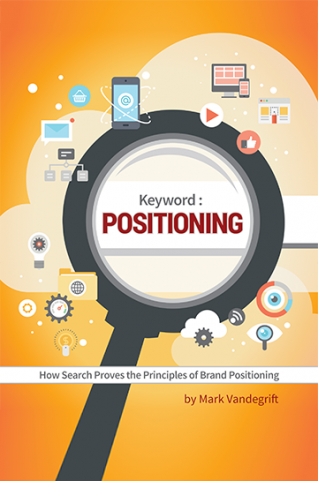It’s no secret, the digital marketplace is at the forefront of our economy. Not surprisingly, websites are one of the most popular digital marketing tools available.
Your website offers consumers a variety of information, from the story behind your brand, to the characteristics that make your products different. As websites have become the go-to source for quick, concentrated information, there’s been more focus placed on website accessibility to broader audiences, particularly consumers with disabilities such as auditory, touch, or visual impairments.
Not making your website as accessible as possible presents a few potential consequences.
1. Financial Loss
Less-than-optimal website accessibility limits the range of potential customers who may benefit from your products. According to a 2019 article from the Bureau of Internet Accessibility that cites a statistic from the American Institutes for Research, “Americans with disabilities have disposable income of $490 billion and a discretionary income of $20 billion.”
When a website is inaccessible to individuals with disabilities, significant potential revenue could be lost. Website accessibility is crucial for a business to maximize profits.
2. Legal Trouble
Businesses that fail to comply with the Americans with Disabilities Act (ADA) could find themselves in hot water. The ADA was passed in 1990, before the internet was part of our daily lives. Now, we can’t imagine a day … or, some of us, even an hour … without the internet. Website accessibility for those with disabilities has become a more pressing issue for the legal world and business owners, many who unknowingly leave themselves open to potential lawsuits.
Attorneys Chip Sheppard and Andrew Peebles explain businesses are often accused of infringing upon Title III of the ADA, which focuses on access for individuals with disabilities in places of “public accommodation.” Failure to comply with the ADA due to website accessibility has led to a host of lawsuits filed against corporations like Winn-Dixie, Target, and Netflix, to name a few.
3. Social Backlash
Though less tangible than the first two, the third consequence also clearly demonstrates why businesses should attend to their websites’ accessibility. When a business develops a product, it’s often serving a need for customers that, thus far, hasn’t been met. By overlooking its website accessibility, a business not only risks financial and legal trouble, but also is confronted with a failure to serve the full diverse scope of its customers.
Tending to the needs of those with disabilities demonstrates a business’ genuine commitment to the entirety of its customer base. It demonstrates a business’ promise to uphold its social responsibility, not just a responsibility to itself. To disregard accessibility to a fraction of the population indicates a lack of concern that reveals flaws in a business’ brand.
The Path Forward
There’s a path to bolster your website’s accessibility. The Web Content Accessibility Guidelines (WCAG) offer direction to make your website more accessible through increasing the compatibility of navigation with assistive technologies like those used for the deaf and blind. Sifting through all these advances can be rather overwhelming. There is, however, a simple solution.
Beyond the mechanics and style of the website, Innis Maggiore can help a business remain accountable to its customers by examining its website’s accessibility. Several years ago, to assist clients in increasing access to all their target audiences, Innis Maggiore implemented a tool from Deque Systems. This tool conducts an automatic scan that provides a clear and understandable means of implementing WCAG guidelines to maintain website accessibility to the most reasonable degree possible.
If you’re looking to improve your website, Innis Maggiore can help. Not only will we position your company, services, and products as different than your competition, we’ll also help you maximize your website’s accessibility.
When you undertake accessibility, there’s no need to fear whether such a goal is attainable. It’s important to keep in mind that in a world just beginning to navigate this sphere, the process of evaluating and building your website’s accessibility is not centered on attaining perfection, but always actively striving toward making your brand accessible to the broadest audience, regardless of disability. The action of maintaining and tweaking your website’s accessibility speaks volumes to your commitment to a moral and social imperative.
Accessibility advocate and expert, James Warnken is legally blind. He frames website accessibility well saying, “Website accessibility isn’t just a good idea, it is essential to the long-term success of a business. As technologies, policies, and consumer behaviors change, the attention to detail will be what separates truly diverse and inclusive businesses from those who just talk about it.”
We couldn’t agree more. After all, it’s the right thing to do for all the right reasons.



